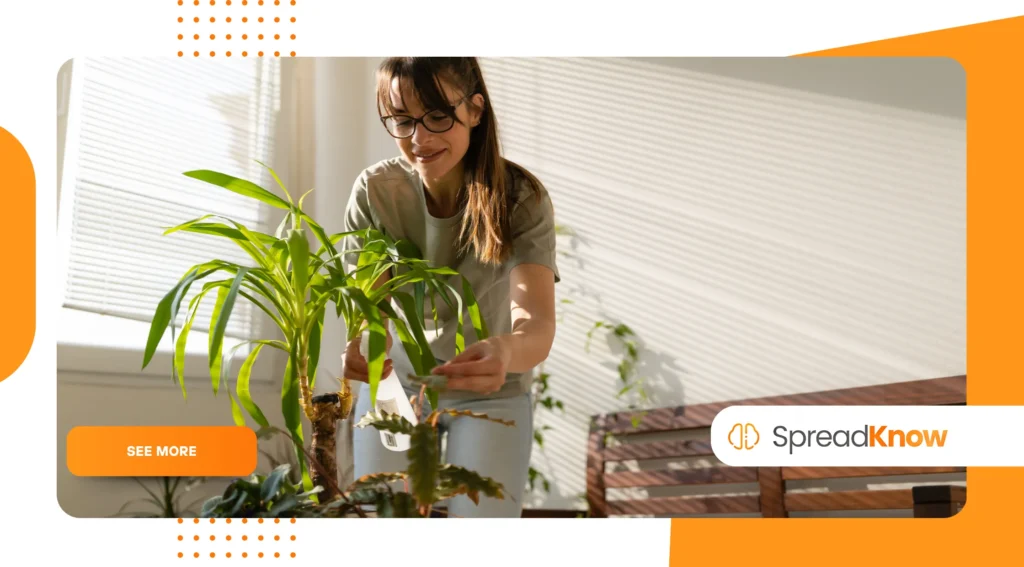The Benefits of Having a Hobby: Why You Should Start One Today

Have you ever considered the profound benefits of having a hobby? In our fast-paced world, where the lines between work and life often blur, finding an outlet for personal expression and relaxation is more crucial than ever.
Anúncios
A hobby isn’t just a pastime; it’s a powerful tool for personal growth, a sanctuary for your mental health, and a catalyst for a more balanced and fulfilling existence.
This article will explore the transformative power of hobbies, from boosting creativity and reducing stress to expanding your social circles and even enhancing your career prospects.
By the end, you’ll be inspired to embrace a new passion and discover a more vibrant you.
Unlocking Your Creativity and Cognitive Potential
A hobby provides a unique canvas for your creativity to flourish, separate from the rigid demands of your professional life.
Anúncios
When you engage in something you love, you give your mind the freedom to explore and innovate without the pressure of deadlines or expectations.
This creative exercise strengthens neural pathways and improves your ability to think outside the box.
Consider the simple act of painting or learning a new musical instrument. These activities don’t just teach you a new skill; they rewire your brain, enhancing problem-solving capabilities and fostering a more imaginative outlook.
This creative boost can spill over into your work life, making you a more dynamic and resourceful professional. The act of creation, regardless of the medium, is a powerful exercise for the mind.
Also Read: The Best Outdoor Hobbies for Adventure Lovers
The Science of Stress Reduction and Mental Wellness

The benefits of having a hobby extend deeply into your mental well-being, offering a proven escape from the daily grind.
Engaging in a hobby triggers the release of dopamine, a neurotransmitter associated with pleasure and motivation.
This natural high helps to counteract the effects of stress and anxiety, promoting a sense of calm and contentment. It’s a form of active meditation that allows you to be fully present at the moment.
For example, gardening provides a tactile and grounding experience, connecting you with nature and the simple joy of nurturing life.
The repetitive, rhythmic motions of tending to plant can be incredibly soothing. Similarly, activities like knitting or woodworking require focused attention, which helps to quiet the noise of racing thoughts and worries.
+ How to Build Emotional Resilience for Academic and Personal Life
Building a Stronger Social and Professional Network
Hobbies are fantastic social lubricants, offering a natural and low-pressure way to meet like-minded people.
Joining a book club, a hiking group, or a local pottery class instantly introduces you to a community of individuals who share your interests.
These connections are often more meaningful and authentic than those forged in a professional context.
These new friendships can enrich your life in unexpected ways. They provide a support system, new perspectives, and a sense of belonging.
The relationships you build through a shared passion can open doors to new opportunities, both personal and professional.
It’s often said that your network is your net worth, and hobbies are an excellent way to expand that network authentically.
+ How to Learn Coding as a Hobby and Where to Begin
Enhancing Your Professional Skills and Career
The benefits of having a hobby aren’t limited to your personal life; they can also have a significant impact on your career.
Many hobbies develop transferable skills that are highly valued in the workplace. Learning to code for fun, for example, can lead to a side project that showcases your technical abilities.
Managing a small Etsy store teaches you marketing, finance, and customer service skills.
A compelling example is someone who takes up public speaking for pleasure. They might join a local Toastmasters club, refining their communication skills and gaining confidence.
This experience could make them a more effective presenter in business meetings or a more persuasive leader. These skills, honed outside the office, make you a more well-rounded and valuable employee.
Fostering a Healthier Work-Life Balance
In the relentless pursuit of career success, it’s easy to fall into a pattern of overwork and burnout.
A hobby acts as a crucial counterweight, forcing you to step away from your desk and engage in something completely different. This separation is vital for preventing mental and physical exhaustion.
Think of it like this: your mind is a muscle. If you use it for the same type of work all day, every day, it becomes fatigued and less efficient.
A hobby is like cross-training for your brain. It engages different parts of your mind, allowing the “work” part to rest and rejuvenate.
This leads to increased productivity and focus when you return to your professional tasks.
The Financial and Economic Advantages of Hobbies
While some hobbies can be expensive, many have minimal costs and can even generate a passive income.
For example, a knack for photography could turn into a freelance side gig, or a passion for baking could evolve into a small home-based business.
Even if your hobby doesn’t directly earn money, it can save you money. For instance, learning to knit your own scarves or do basic home repairs can be a cost-effective alternative to buying new items.
A Look at the Data: Hobbies and Personal Growth
A 2024 study published in the Journal of Occupational and Organizational Psychology found a strong correlation between engaging in creative hobbies and increased job satisfaction.
The research, which surveyed over 1,500 professionals across various industries, revealed that individuals with regular creative outlets reported a 25% higher sense of fulfillment in their careers.
This is because these hobbies provide a crucial sense of autonomy and personal accomplishment that is often missing from professional roles.
You can read more about this study and its findings on the American Psychological Association website.
This data underscores the tangible benefits of having a hobby and its powerful link to overall well-being. Hobbies aren’t just a distraction; they are a vital component of a balanced and successful life.
| Benefit Category | Examples of Hobbies | Impact on Life |
| Creativity & Mind | Painting, writing, playing music | Enhances problem-solving, boosts imagination |
| Mental Wellness | Gardening, yoga, hiking | Reduces stress, improves focus and presence |
| Social & Professional | Joining a book club, volunteer work | Expands network, builds meaningful relationships |
| Skills & Career | Coding, public speaking, cooking | Develops transferable skills, increases value |
The table above illustrates how diverse hobbies can be and the wide-ranging positive effects they have on your life.
Moving Past the Procrastination: How to Get Started
Starting a new hobby can feel daunting, but the key is to begin with something small and manageable. Don’t feel pressured to become an expert overnight.
Start with a beginner’s class, watch some online tutorials, or simply buy the basic supplies and experiment. The goal is to enjoy the process, not to achieve perfection.
Instead of thinking of a hobby as a time-consuming commitment, view it as a small, meaningful investment in yourself.
Carve out a few hours each week—it could be a Sunday morning or a couple of evenings.
The time you dedicate to your passion will pay dividends in the form of improved mental health, new skills, and a greater sense of purpose.
The Timeless Allure of a Passion Project
The benefits of having a hobby are a constant thread throughout history, from ancient artisans to modern-day entrepreneurs.
It’s a fundamental human need to create, to learn, and to connect with others on a deeper level.
A hobby gives you a space to be authentically you, free from the constraints of your job title or societal expectations.
The famous investor Warren Buffett has often spoken about the value of his hobby: playing the ukulele.
This seemingly simple pastime provides a mental break and a creative outlet that helps him stay sharp and focused in his high-stakes career.
This is a powerful reminder that even the most successful people understand the importance of stepping away from work to do something they love.
A Final Call to Action
The time to start a hobby isn’t when you have more free time, but now. The time you think you don’t have is precisely the time you need to make for yourself.
You will find that by giving yourself this creative and personal space, you will become a more effective, happier, and more balanced individual in all aspects of your life.
The truth is, the benefits of having a hobby are not just for others—they are for you.
So, what are you waiting for? Isn’t it time you discovered a passion that truly moves you?
You can find a wealth of resources and inspiration for new hobbies on sites like the National Institute of Mental Health, which provides valuable information on how to improve mental well-being through engagement.
Start your journey today and unlock the door to a more fulfilling and vibrant life.
